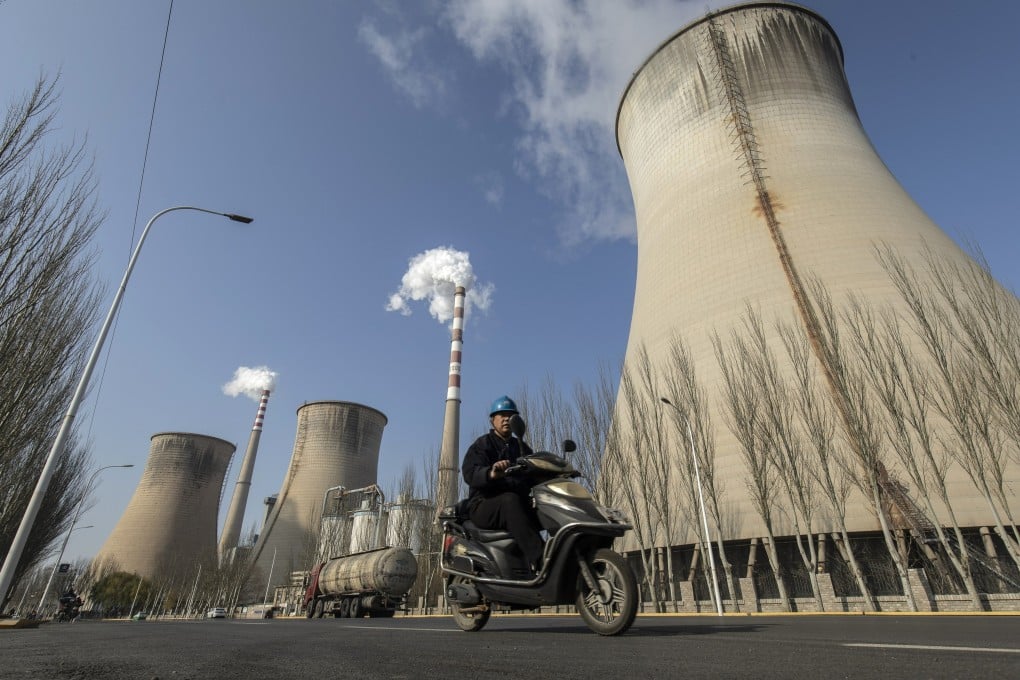China reassures public of ‘balanced’ coal supply for winter as provinces cut back power to factories
- Strong winter demand, buoyant industrial activity and import restrictions have caused coal prices to skyrocket in China
- Beijing says there is sufficient supply for winter, but some provincial governments have started curbing electricity use

China’s economic planning agency has shrugged off domestic concern about higher coal prices due to tight supply, saying there is enough in reserve for winter despite reports that provincial governments have ordered reductions in power use.
The domestic price for thermal coal, which is used in power generation, shot up above 760 yuan per tonne on Wednesday, market participants told the South China Morning Post, far more than the government’s upper price limit of about 600 yuan per tonne.
Spot market prices have been above 620 yuan per tonne this week, from 500 yuan per tonne a month ago, as production from coal producing provinces Shanxi and Shaanxi, as well as neighbouring Mongolia, failed to compensate for shortages from lower imports, analysts said.
China has in recent years cut back on electricity for factories to ensure households have enough power for heating during the winter, but the situation is more complicated this year. Many manufacturers are working at full capacity to meet foreign demand for medical supplies, medicines and consumer electronics because of the coronavirus outbreak in the United States and Europe.
Current coal market supply and demand are generally balanced, and coal supply this winter and next spring is guaranteed
China’s top economic planning agency, the National Reform Development Commission (NDRC), said on Wednesday there was sufficient supply for winter heating and power plants had locked in lower prices for most coal orders, which would prevent a spike in energy costs for consumers.